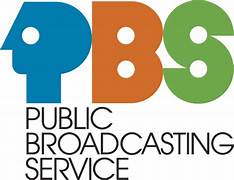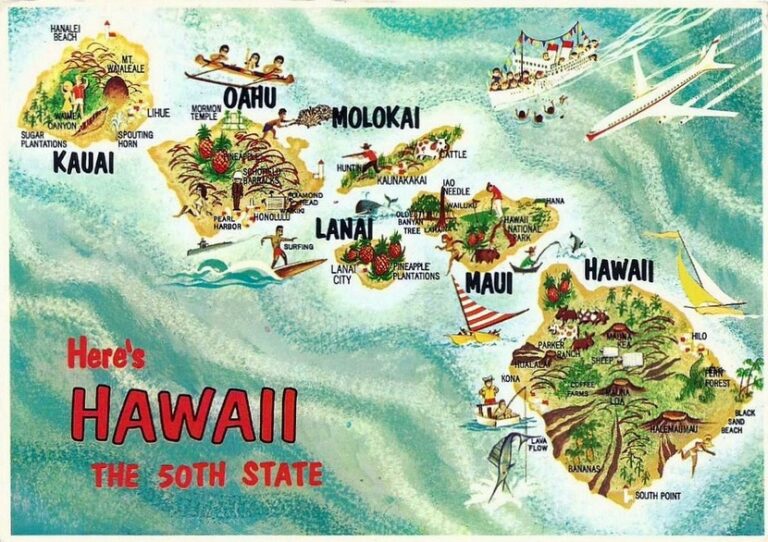In 1969, the United States witnessed the establishment of the Public Broadcasting Service (PBS), a landmark development in the history of American media and public broadcasting. PBS was created as a non-profit public broadcasting network with the mission of providing educational and cultural programming to all Americans.
The idea of a public broadcasting service had been brewing for several years prior to its official establishment. Advocates recognized the need for a non-commercial, educational television network that could serve as a counterbalance to the predominantly commercial programming dominating the airwaves.
PBS was created through the Public Broadcasting Act of 1967, signed into law by President Lyndon B. Johnson. This legislation provided federal funding and support for the development of a national public broadcasting network. The act also established the Corporation for Public Broadcasting (CPB), a non-profit organization charged with overseeing the distribution of federal funds to public broadcasting stations across the country.
With the establishment of PBS, a new era of educational and cultural programming began in the United States. The network aimed to provide high-quality content that informed, entertained, and inspired viewers of all ages. PBS offered a diverse range of programming, including documentaries, news analysis, children's shows, arts and culture, and public affairs programs.
One of the most iconic and enduring programs on PBS is Sesame Street, which premiered in 1969. This groundbreaking children's show revolutionized educational television by combining entertainment and learning in a way that engaged young viewers. Sesame Street, along with other educational programs such as Mister Rogers' Neighborhood and The Electric Company, became beloved staples of PBS programming.
PBS also became known for its commitment to showcasing the arts and culture. The network aired a wide range of programs that highlighted music, theater, dance, and visual arts. From the long-running Great Performances series to the critically acclaimed American Masters and Independent Lens, PBS provided a platform for artists and cultural institutions to reach a broad audience.
In addition to its educational and cultural programming, PBS also became a trusted source of news and public affairs coverage. Programs like The NewsHour, Frontline, and Washington Week in Review offered in-depth analysis and diverse perspectives on national and international issues. PBS' commitment to accuracy, integrity, and balanced reporting solidified its reputation as a reliable news source.
PBS' establishment in 1969 marked a significant milestone in American media. The network provided an alternative to commercial television by offering educational and culturally enriching programming that was not driven by advertising revenue. PBS' non-profit status allowed it to prioritize the public interest and focus on serving the needs of its viewers.
Over the years, PBS has continued to evolve and adapt to the changing media landscape. It has embraced digital platforms, streaming services, and interactive technologies to reach audiences across multiple platforms. PBS has also remained committed to its core mission of providing educational and informative content that enriches the lives of Americans.






